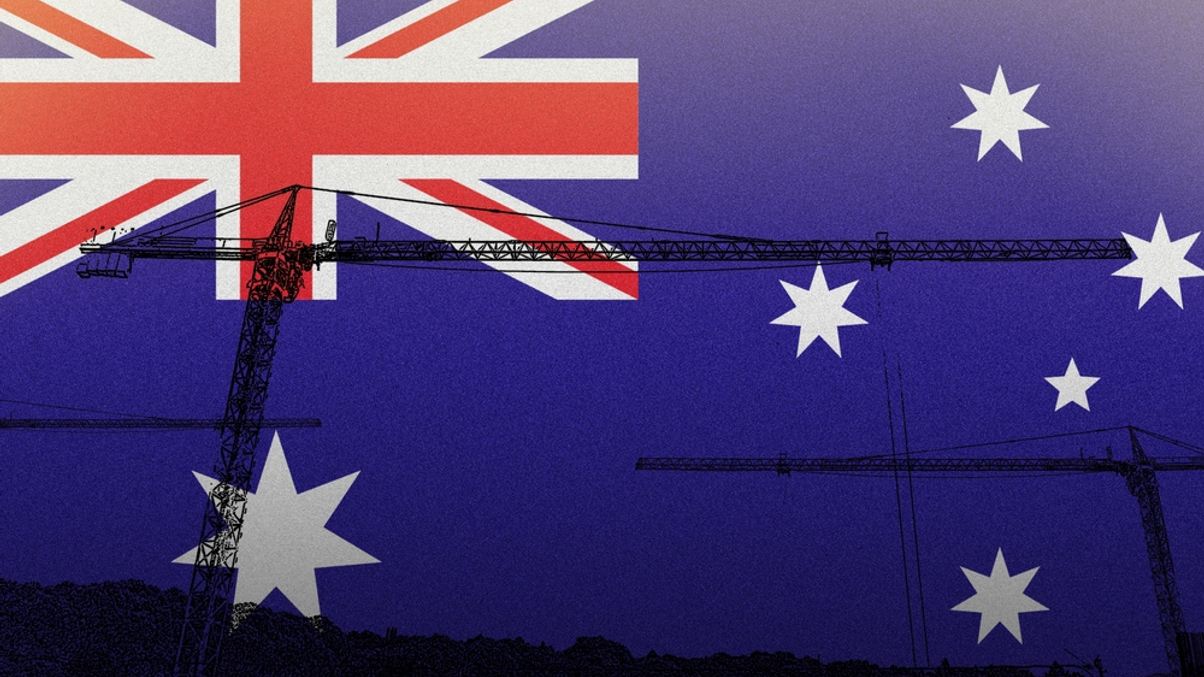In Focus: Australia's pension industry shaken by trade union scandal
Allegations of misconduct by one of Australia's most powerful trade unions have triggered an investigation into the governance models of Cbus and BUSSQ, two mega industry super funds.

A powerful Australian trade union, the Construction, Forestry, Maritime, Mining and Energy Union (CFMEU) is at the centre of a storm that could reshape the country's A$3.9 trillion ($2.6 trillion) superannuation sector.
Sign in to read on!
Registered users get 2 free articles in 30 days.
Subscribers have full unlimited access to AsianInvestor
Not signed up? New users get 2 free articles per month, plus a 7-day unlimited free trial.
¬ Haymarket Media Limited. All rights reserved.


